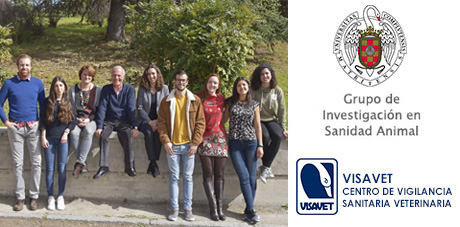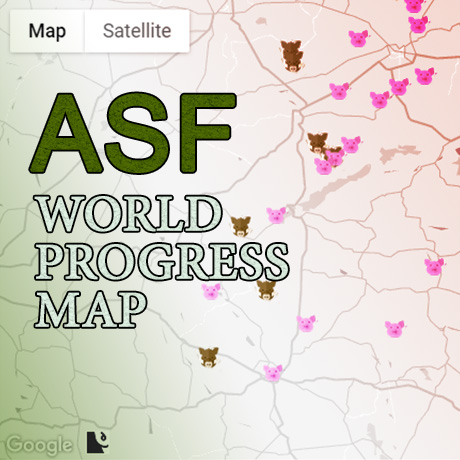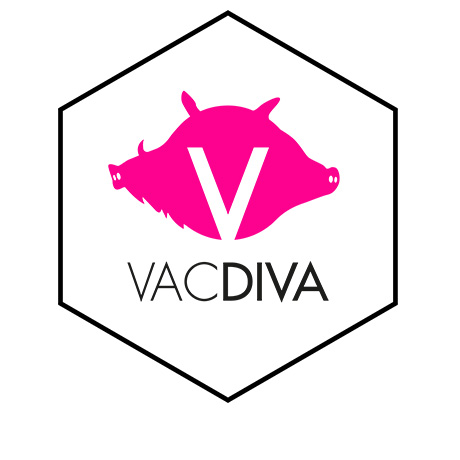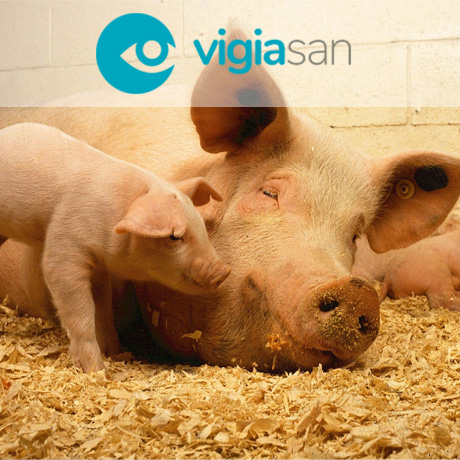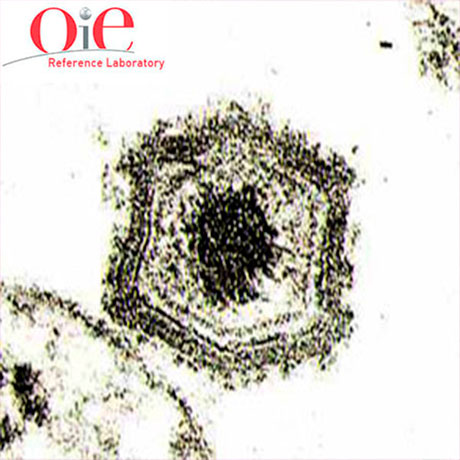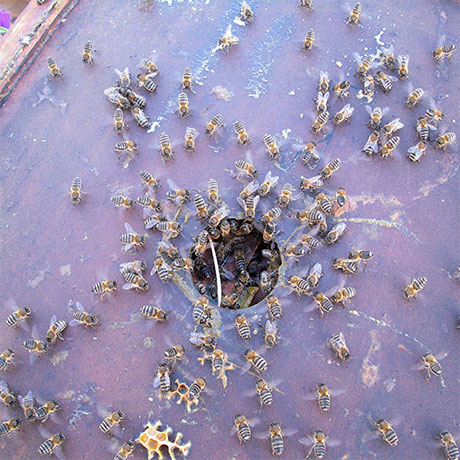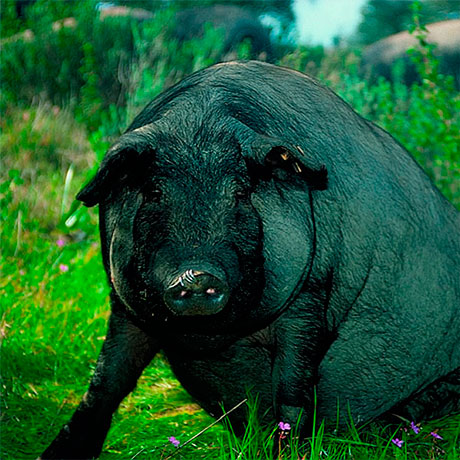IV Seminario in memoriam de la Dra. María Jesús Muñoz Reoyo
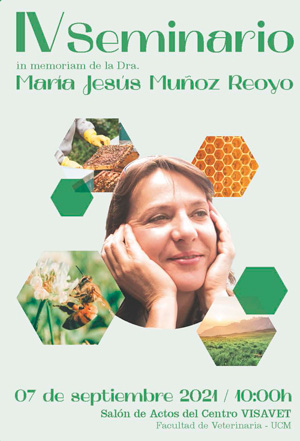 El próximo 7 de septiembre se celebrará a las 10.00 horas en el Salón de Actos del Centro de Vigilancia Sanitaria Veterinaria (VISAVET) en la Facultad de Veterinaria de la Universidad Complutense de Madrid el IV Seminario in memoriam de la Dra. Mª Jesús Muñoz Reoyo.
El próximo 7 de septiembre se celebrará a las 10.00 horas en el Salón de Actos del Centro de Vigilancia Sanitaria Veterinaria (VISAVET) en la Facultad de Veterinaria de la Universidad Complutense de Madrid el IV Seminario in memoriam de la Dra. Mª Jesús Muñoz Reoyo.
Su creación es un homenaje in memoriam a la Dra. Mª Jesús Muñoz Reoyo, investigadora de gran prestigio que realizó numerosos trabajos sobre sanidad apícola en el Departamento de toxicología del medio ambiente del Centro de Investigación en Sanidad Animal (CISA) del Instituto Nacional de Investigaciones Agrarias (INIA), que inició varias líneas de investigación que continúan actualmente.
El seminario contará con la presencia de numerosos especialistas en el área de la apicultura y la sanidad animal.
Debido al aforo limitado, es necesario inscribirse previamente contactando a: Esta dirección de correo electrónico está siendo protegida contra los robots de spam. Necesita tener JavaScript habilitado para poder verlo.
![]() Descarga el programa del Seminario
Descarga el programa del Seminario
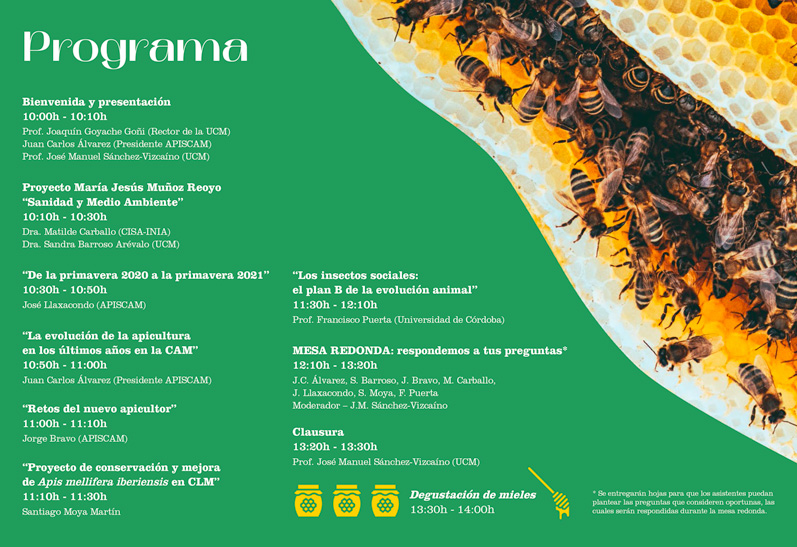
"La PPA en R. Dominicana es riesgo para América, pero no perdamos de vista a Asia"

 En entrevista para PORCICULTURA.COM, el doctor José Manuel Sánchez - Vizcaíno se dijo preocupado por la situación de Peste Porcina Africana en República Dominicana, sin embargo, enfatizó que los trabajos de prevención son claves, y añadió que el virus está circulando fuertemente desde Asia.
En entrevista para PORCICULTURA.COM, el doctor José Manuel Sánchez - Vizcaíno se dijo preocupado por la situación de Peste Porcina Africana en República Dominicana, sin embargo, enfatizó que los trabajos de prevención son claves, y añadió que el virus está circulando fuertemente desde Asia.
Detectada en España la variante B.1.1.7 de SARS-CoV-2 en un perro asintomático
 Artículo titulado "First Detection of SARS-CoV-2 B.1.1.7 Variant of Concern in an Asymptomatic Dog in Spain".
Artículo titulado "First Detection of SARS-CoV-2 B.1.1.7 Variant of Concern in an Asymptomatic Dog in Spain".
Resumen: Natural SARS-CoV-2 infection in pets has been widely documented during the last year. Although the majority of reports suggested that dogs’ susceptibility to the infection is low, little is known about viral pathogenicity and transmissibility in the case of variants of concern, such as B.1.1.7 in this species. Here, as part of a large-scale study on SARS-CoV-2 prevalence in pets in Spain, we have detected the B.1.1.7 variant of concern (VOC) in a dog whose owners were infected with SARS-CoV-2. The animal did not present any symptoms, but viral loads were high in the nasal and rectal swabs. In addition, viral isolation was possible from both swabs, demonstrating that the dog was shedding infectious virus. Seroconversion occurred 23 days after the first sampling. This study documents the first detection of B.1.1.7 VOC in a dog in Spain and emphasizes the importance of performing active surveillance and genomic investigation on infected animals.
Barroso-Arévalo S., Rivera B., Domínguez L. y Sánchez-Vizcaíno JM.
¿Medio ambiente, vector u hospedador? Uso del "machine learning" para desenredar los mecanismos que provocan los brotes asociados a arbovirus
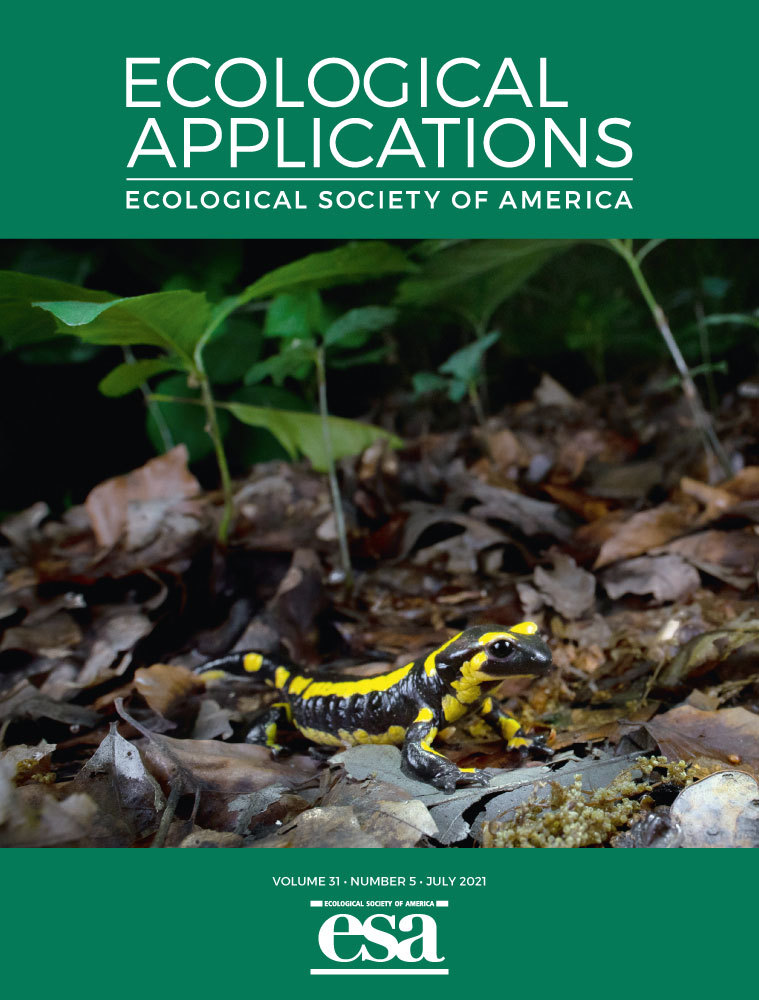 Publicamos este nuevo trabajo en la revista Ecological Applications de la prestigiosa Ecological Society of America.
Publicamos este nuevo trabajo en la revista Ecological Applications de la prestigiosa Ecological Society of America.
Resumen: Climatic, landscape and host features are critical components in shaping outbreaks of vector-borne diseases. However, the relationship between the outbreaks of vector-borne pathogens and their environmental drivers is typically complicated, nonlinear and may vary by taxonomic units below the species level (e.g., strain or serotype).
Artículo de acceso abierto en Parásitos y Vectores
 Publicamos un nuevo artículo titulado "A study of the composition of the Obsoletus complex and genetic diversity of Culicoides obsoletus populations in Spain"
Publicamos un nuevo artículo titulado "A study of the composition of the Obsoletus complex and genetic diversity of Culicoides obsoletus populations in Spain"
Resumen:
Background: The Culicoides obsoletus species complex (henceforth 'Obsoletus complex') is implicated in the transmission of several arboviruses that can cause severe disease in livestock, such as bluetongue, African horse sickness, epizootic hemorrhagic disease and Schmallenberg disease. Thus, this study aimed to increase our knowledge of the composition and genetic diversity of the Obsoletus complex by partial sequencing of the cytochrome c oxidase I (cox1) gene in poorly studied areas of Spain.
Artículo dedicado al proyecto VACDIVA
La revista digital Open Access Government ha publicado este artículo sobre el proyecto.



